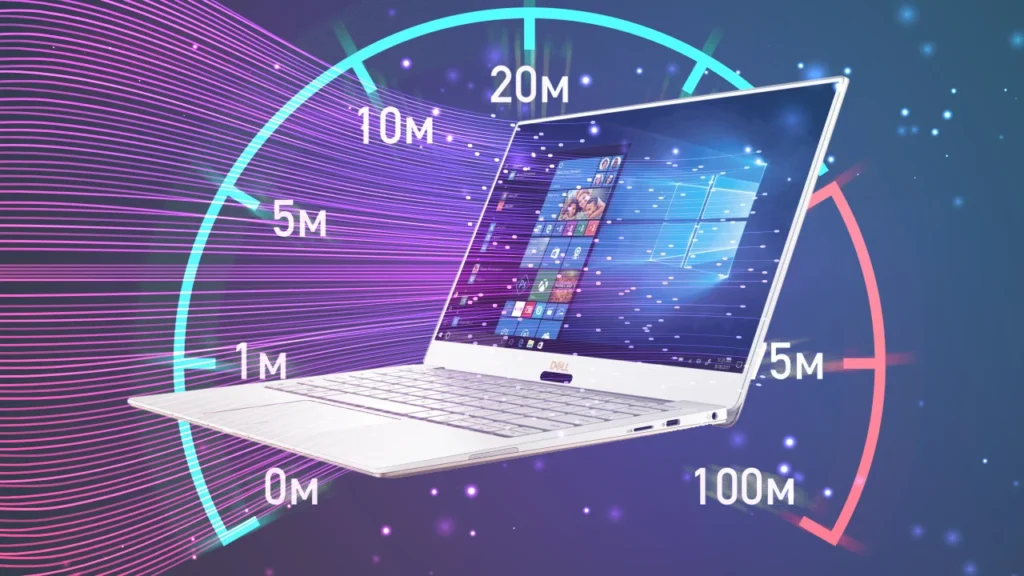
Factors Affecting the speed of a computer

Factors Affecting the speed of a computer Do you ever observe that the speed of your computer has slowed down? Similar tasks are taking longer time to complete. What could have happened to the computer? This means that the speed of your computer affects. To solve this problem, you need to increase the capacity of RAM in your computer. This factor is affecting the actual speed of the computer
Some factors mainly that can affect harshly the speed from the internal of a computer are:
- The amount of RAM: This is the memory that informs computers to load new programs and run the existing programs and run existing programs. Sometimes, the RAM may become insufficient if you open too many software applications on your computer. It is also possible that new a new software application installed by you, such as a computer game, needs more RAM to load into the memory. Such events will slow down your computer. To solve this problem, you need to increase the capacity of RAM in your computer.
- The speed of the processor: This amount of information that the processor can handle in a second. In case you are using a software application that requires a higher speed processor than the one on your computer, your computer will run slow. To resolve this problem you to upgrade your processor. Such as intel i3 to i9 intel core, in your computer.
NUMBER OF CORES (PROCESSORS)
- The CPU is where you’ll find the processing units, each one known as a core. Every core will contain a control unit, ALU, and registers. Usually, a PC will have either two or four cores, and the more you have, the more programs you can run at the same time.
However, if you think that you can double your computer speed by doubling the number of cores, then think again! As they have to communicate with each other, this takes some of the speed away, but in general, increasing the number of cores is a great idea and will boost performance.
MULTIPLE APPLICATIONS AFFECTING COMPUTER SPEED
Any kind of computer speed test will indicate a decrease in performance with an increase in the number of tasks running. Multitasking slows down your PC because applications have less memory to themselves. The more apps running at the same time, the slower your PC will be. It’s something to keep in mind when optimizing performance on your machine.
GRAPHICS CARD TYPE
- When it comes to visuals, the user interface, pictures, videos, and more, a powerful graphics card is imperative for good performance. If you are using your PC to process a lot of graphics, you may want to know how to speed up computer performance by optimizing your graphics card in the BIOS, or you could purchase a more up-to-date one and swap the old one out. Graphics cards can be used to perform nonvisual computations, too, so don’t forget that they are important for general performance.
DATA BUS WIDTH
- Between the processor and main memory, you have a series of connectors or wires known as the data bus. This is what helps transport data between these two components. When you increase your bus from 32 to 64-bit, you will be able to transfer at least twice as much at any given time. If you want to improve performance, think about increasing the size of your data bus.
MEMORY CACHE
- Computers often reuse actions, so in light of this, the cache is a type of memory that holds temporary instructions so that they needn’t be computed unnecessarily. The CPU automatically makes checks in the cache for any instructions before requesting data from the RAM. By doing this, performance is increased because it saves using data unnecessarily. These transfers take a lot less time than a transfer to and from the RAM. The larger the cache, the more data can be stored close to the CPU.
CLOCK SPEED
- The clock rate, or clock speed, shows how fast the central processing unit can run. You will find this measured in gigahertz or megahertz, depending on the computer you have. The measurement is an indication of how many instruction cycles the CPU deals with every second. As an example, a 2 GHz CPU can perform 2 billion calculations every second. The larger this number is, the faster the CPU is, and the more heat is produced.
Maximum clock settings are hardcoded by default in PCs. However, you can tweak these by manipulating the computer’s BIOS. If you manipulate to increase your clock speed faster than what is advertised, this is known as overclocking. We would not recommend doing this because there are genuine limits to how fast your CPU can run. There is no guarantee that its circuitry will be able to meet the demands of overclocked speeds. If the speed is too fast, you run the risk of not completing a computation before the next one is carried out. Data can therefore become corrupted if the CPU is not able to keep up with the pace of its clock, and damage can come from overheating the machine.
MALWARE
- One of the best ways to speed up computer performance is actually to eliminate malware. Malware, spyware, and viruses can monitor your activity, take control of your computer, and create all sorts of complications that reduce performance.
Anything unwanted and malicious is going to seriously affect performance, so make sure that you invest in a good antivirus to prevent such attacks on your computer. It will seriously help in the long run, and make sure that you scan your computer at least once every week to keep your antivirus updated and remove any unwanted junk from affecting the performance of your computer.
DEFRAGMENTING
- Sometimes memory isn’t stored efficiently. When you run a defragmenter, fragmented data is rearranged so that your drives and disks can work more productively. With more space on them, this will also improve performance. Most defragmenters run on a schedule, so if you haven’t configured defragmentation to run regularly on your computer, then do so today.
CONCLUSION Factors Affecting the speed of a computer
- Now that you’re knowledgeable about what goes on inside your PC, you’ll be able to significantly speed up computer performance. If you don’t have one yet, think about the factors that we’ve mentioned and apply them to your purchasing decisions. Depending on what you use your computer for, different factors are going to influence performance.